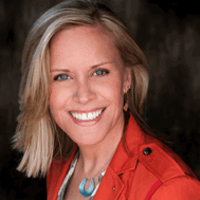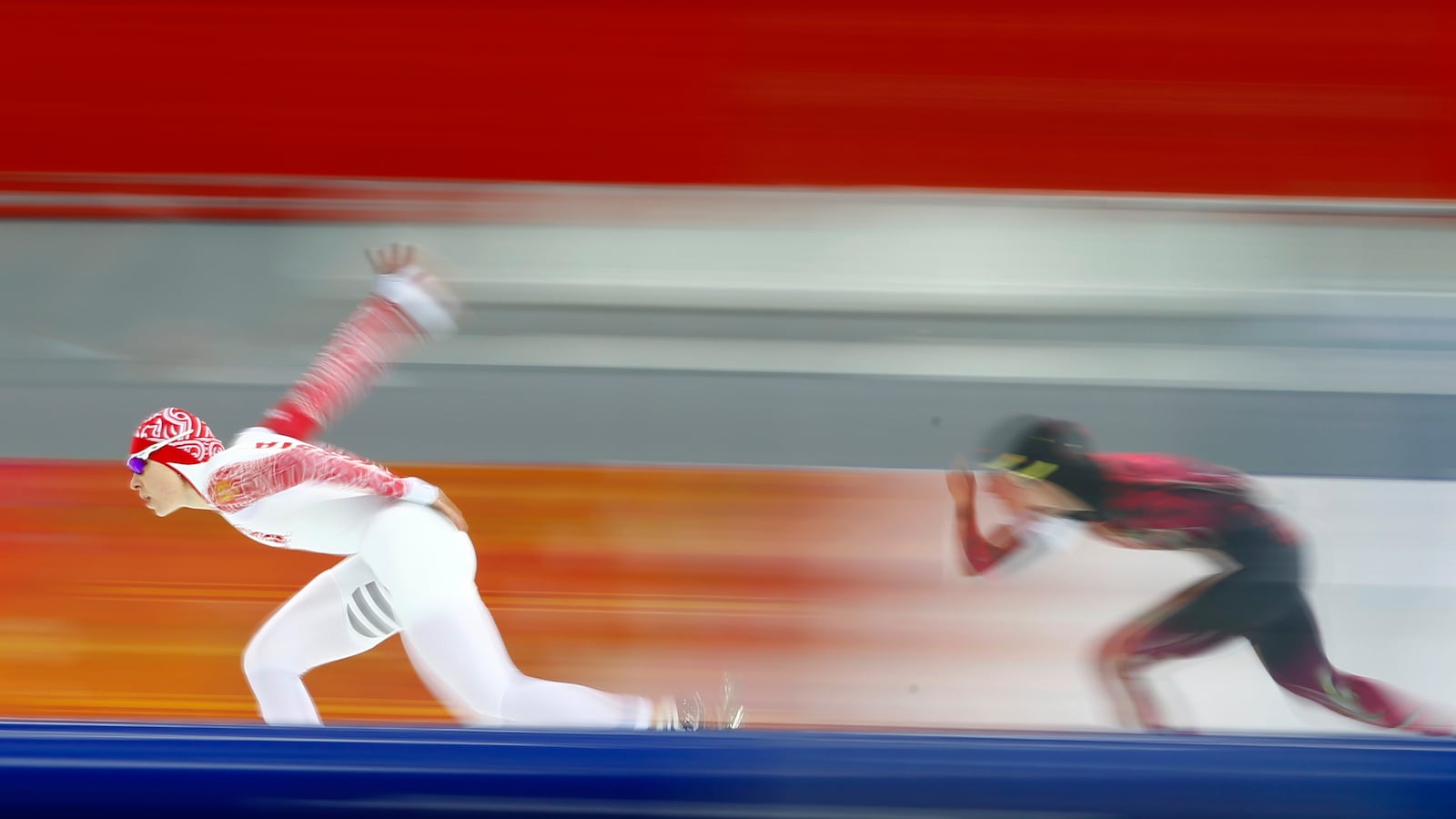American skier Torin Yater-Wallace is taking full advantage of the free McDonald's available to Olympic athletes in Sochi. The 18-year-old from Snowmass, Colorado tweeted on Wednesday a photo of himself with a stack of Big Macs. He’s not the first one to take advantage of the sponsor’s perk. In Olympics past, there have been stories like this one: an American swimmer who ate nothing but McDonald’s, gained seven pounds, and won gold.
Luh me mac D's who in the mountain village needs some, I'm about to be the supplier pic.twitter.com/sFIkCCoWqh
— Torin Yater-Wallace (@TorinWallace) February 12, 2014If only we all could eat like that.
Olympic athletes eat to support the high demands of their sport, but the good news is there are habits the average Jane or Joe can incorporate into their desk-job lifestyle.
Lessons from Olympians can help us lose weight and get healthy without having to join a team—or better yet, find a sponsor. They might, at least, let us chow down on a few Big Macs from time to time without putting on the pounds.
The goal of a well-done sports nutrition plan is to help the Olympian train longer and harder, delay the onset of fatigue, enhance performance, promote optimal recovery, and adapt to their hard work—code for “grow muscles”. If you ask me—although we don’t articulate it the same way—our everyday goals are the same. Similarly, athletes also want great bodies that function really well, for as long as possible. Their disciplined diet can be boiled down to three simple rules that we can massage to fit our untelevised lifestyle.
Consider these three rules to achieve your personal best!
1. Olympians don’t run on empty
An Olympic athlete would never skip breakfast. They know that they need fuel to jumpstart their day and support their training. Missing a meal could compromise their muscle mass and threaten their performance. They also know that it will affect their mental acuity. Consider negotiating a skeleton course or launching a ski jump with a fuzzy brain. Eek.
So what does this mean for us?
It’s simple. Eat breakfast. Eat breakfast because you want to use your brain at work, or because you want to manage your body weight. Both are great reasons. Research published in the January 2014 issue of Physiology and Behavior showed that eating calories in the morning versus piling it on at dinner helped people lose more weight. Easy, breezy.
What should you eat for breakfast?
The best breakfasts supply complex carbohydrates, dietary fiber, protein and a modest amount of fat— even on the run. To the delight of dietitians across the country, many fast food restaurants and coffee shops have improved their offerings by selling a hot, steaming bowl of oatmeal alongside the less filling, sugary, (and often tasteless) Danish pastry. Scientists love it too; a recent study published in the Journal of the American College of Nutrition found that oatmeal helped participants feel full longer and improved appetite control because of its viscous consistency. So top with banana slices, dried cranberries or apples, and eat oatmeal with your $8 coffee.
2. If you don’t need it, don’t eat it.
Olympians don’t waste calories. They don’t munch on calorie-rich, nutrient-poor foods that heavy in fat or sugar and pathetic in the carbs and protein their working muscles crave. They know that their calorie needs are high, but understand that if they overdid it on snack chips, cookies, donuts, dressings, cream sauces, fatty meats, candy, soft drinks or cake, they’d miss out on important nutrients. While everyone loves a treat, on a daily basis, Olympians want to nourish their bodies with healthy foods that supply them with lasting energy and essential nutrients.
What does this mean for us?
I know you’re worried that I’m about to suggest eliminating all the foods you think are fun—but I’m not. I suggest looking at your meals a bit differently. Take your average lunch: turkey sandwich (white bread, lettuce, mayo, cheese), soft drink, and potato chips. Instead, ask yourself, “how can I adjust this lunch to supply lasting energy and more nutrients?” Tweak it. Have a turkey sandwich on whole grain bread with sliced tomato, baby spinach, red onions and sure, keep the mayo (I can only preach what I practice). Delete the soft drink, replace with water. If you need a flavored beverage, squirt a non-calorie water enhancer or choose a beverage that has naturally occurring bioactives with additional health benefits—like cranberry juice cocktail or tea. Add some fruit. A bowl of berries, perhaps? Sliced cantaloupe? A ripe banana? Your choice. And the chips? Be smart – have less if you love them or eat them once (rather than 7 times) a week.
3. Don’t eat like an Olympian if you’re not an Olympian
Confused? Irritated? Let me explain. Olympic athletes eat the amount of food they need to support their training and maintain a body composition that maximizes their performance. If they are expending a whopping 5000 calories in training, they can eat 5000 calories. Provided they’re able to maintain their lean body mass and performance, they’ll match their intake to their workout.
What does this mean for us?
We, too, should match our calories to our workout. In order to maintain a healthy body weight, we should eat a similar amount that we burn. As you may be aware, if we eat more than we expend, the balance tips and we’re likely to chunk up.
If you’re frustrated because your calorie needs are low and you tend to gain weight when you indulge, don’t despair, you can fix this. It’s the final lesson from our Olympian superstars—build muscle. I’m making it sound simple because it is.
Don’t overthink it.
Carve out an hour of your day to dedicate to making muscle. Decline an invite by saying, “I can’t. I’m making muscle at that time.” Incorporate it into your day like brushing your teeth or watching “How I Met Your Mother” re-runs. You can join a gym or you can build muscle low-budget style— push-ups, sit-ups, squats, pull-ups, arm curls, etc.
Whatever you choose, remember that if you want to eat more food, you need to have more muscle.
I’ll say it again: want to eat more? Move more. Only then, can you truly eat like an Olympian.






